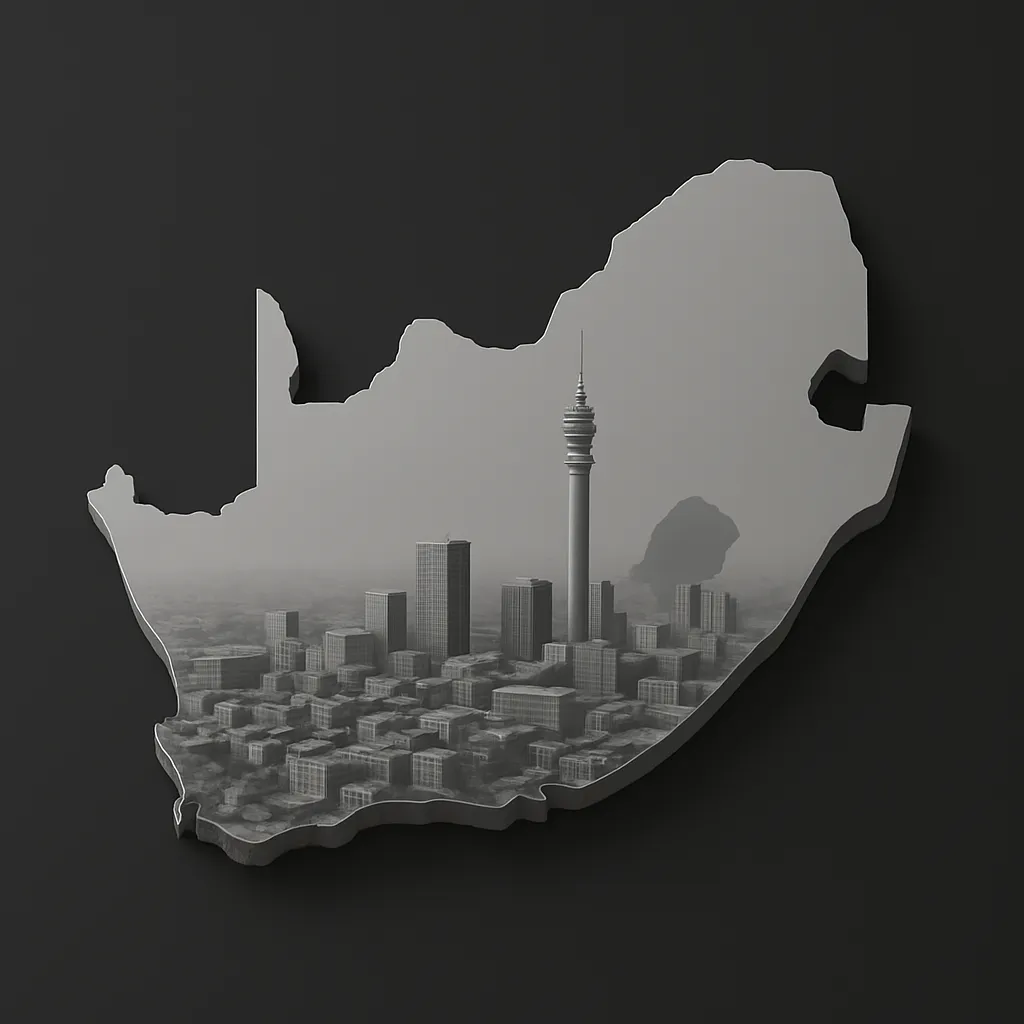
Decision-Making in the GCC: 5 Strategic Insights Reshaping Business Leadership in 2025
As the Gulf Cooperation Council (GCC) accelerates toward a diversified, innovation-led future, the way business decisions are made is undergoing a profound transformation. From policy reform and digital disruption to evolving cultural norms and consumer expectations, leaders across the United Arab Emirates, Saudi Arabia, Qatar, and beyond are required to navigate complexity with precision. In this dynamic environment, decisions are no longer just operational—they are strategic acts that shape long-term relevance
This article explores five essential insights influencing high-stakes decision-making in the GCC for 2025 and beyond—drawing on our experience supporting business transformation in the region through SydSen Consult and our wider group expertise.
1. Relationship Capital is Still the Cornerstone of Influence
Despite the rise of digital platforms and automated processes, the GCC remains a region where influence is built on trust—and trust is earned through relationships. Strategic partnerships, investments, and even procurement decisions are often contingent upon personal credibility and connection, especially at executive and board levels.
In-person meetings, shared cultural references, and reputational equity all matter. This is not a transactional environment; it’s a relationship-driven one. Decisions are often made only after a foundation of trust has been solidified—sometimes over months or years. Foreign businesses that fail to understand this relational nuance risk misreading timelines and outcomes.
Key Takeaway:
Leaders should invest not only in stakeholder mapping but in stakeholder cultivation—building enduring, trust-based relationships that transcend immediate business gain.
2. Policy Fluidity Requires Regulatory Foresight, Not Just Compliance
The GCC’s drive to attract foreign investment and stimulate local economies is underpinned by bold reform. Across Saudi Arabia and the UAE in particular, regulatory frameworks are evolving to support economic diversification—touching everything from tax codes to Emiratisation quotas to new commercial licensing models.
But while the trend is toward liberalisation, the reality is fluid. What is permitted today may be recalibrated tomorrow as ministries realign policies with national strategies like Vision 2030. Successful decision-makers are those who read the policy horizon, build in legal flexibility, and maintain close relationships with regulators and advisors on the ground.
Key Takeaway:
Future-fit decisions in the GCC require proactive scenario planning—not reactive compliance. Regulatory agility must be embedded into strategy from the outset.
3. Innovation Must Be Rooted in Cultural Intelligence
GCC countries are rapidly deploying AI, digital platforms, and smart city infrastructure—but technological uptake is never culturally neutral. The pace and method of innovation adoption must respect traditions, hierarchy, and national identity.
For example, leadership styles rooted in consensus or deference may not align with flat agile methodologies. Digital tools that bypass interpersonal engagement may not suit environments that value hospitality and presence. These nuances impact decisions related to org design, change management, and tech investments.
Key Takeaway:
Organisations that understand the cultural context behind digital transformation will make smarter, faster decisions—and experience smoother implementation.
4. Risk Appetite Is Shifting—But Stability Still Matters
Economic diversification efforts have opened the door to new investment areas: renewable energy, health tech, logistics, fintech, and entertainment. At the same time, global economic volatility—from interest rate shifts to supply chain pressures—makes conservative planning attractive.
This tension between growth and security means that executive decisions in the GCC are increasingly governed by a dual mandate: pursue innovation while protecting continuity. Leaders are embracing modular strategies, such as pilot projects and phased market entry, to de-risk bold moves without stagnation.
Key Takeaway:
Today’s decision-making lens must balance agility with resilience. Leaders should explore innovation through structured experimentation, backed by scenario-based financial modelling.
5. The New GCC Consumer is Digitally Empowered—and Demands More
Across the region, particularly in the UAE and Saudi Arabia, consumer expectations are rising fast. A young, digitally-native population expects seamless service, mobile-first interactions, and personalised engagement. They’re influenced by regional social media personalities, global trends, and instant gratification.
Whether in B2B or B2C, businesses must now make marketing, operations, and product decisions informed by behavioural data—not assumptions. This means leveraging real-time analytics, localised insights, and omni-channel strategies.
Key Takeaway:
Data must guide decision-making. Businesses that integrate customer intelligence into every layer of strategy will not only respond to trends—they’ll shape them.
Conclusion: Strategic Navigation in a Region of Opportunity
In the GCC, decision-making is both an art and a science. It is grounded in cultural understanding, responsive to policy change, and guided by long-term ambition. Leaders must be fluent in context and capable of adapting quickly without sacrificing alignment with national and regional priorities.
At SydSen, we support organisations throughout the GCC in making these high-impact decisions with confidence. Whether through organisational consulting, leadership development, market-entry strategy, or cultural diagnostics, we bring the tools and insight needed to thrive in a transforming region.
Your future in the Middle East will be determined by the quality of decisions you make today.


















